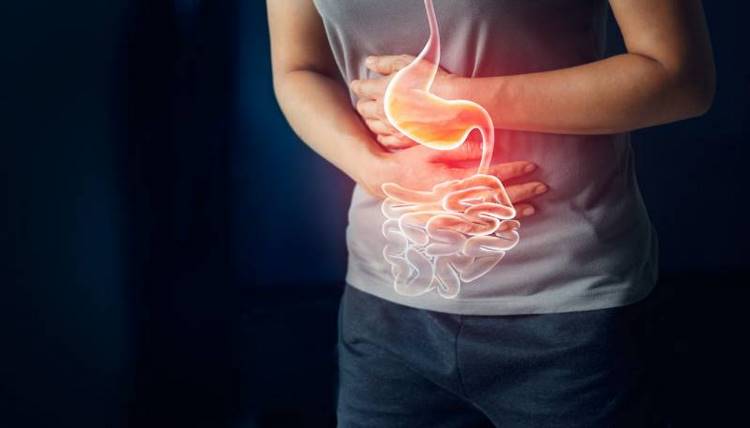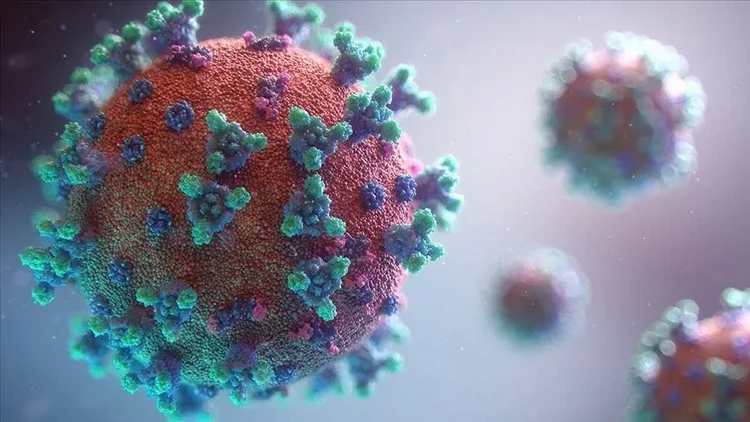Omicron: What Are The Effects of Covid 19 on the Gastrointestinal Tract?
In This Article
The COVID-19 pandemic has been going on for over two years now. During this time, many researches were conducted to understand SARS-CoV-2 and the complications after the illness. Complications after a coronavirus infection can be different. As a rule, after suffering a coronavirus infection, patients recover up to 6-8 months. The latest information is about the effects of Covid 19 on the gastrointestinal tract.
Understanding the Effects of Covid 19 on the Gastrointestinal Tract
The “ghosts” of Covid-19 – It is by this term that Ami Bhatt, oncologist and geneticist at Stanford, California, in the United States, called the fragments of the Covid-19 virus found in the intestines of several patients.
During their SARS-CoV-2 infection, some people have reported gastrointestinal symptoms such as diarrhea or vomiting. The researchers therefore wanted to understand if there were any long-term effects of Covid-19 on the digestive system. Thus, two teams have looked into the subject: that of Stanford University and that of Innsbruck, in Austria. Their results have just been published in the journal Nature.
The teams report that fragments of SARS-CoV-2 infection have been found in the intestines and in the stools of some patients several months after their first infection.
“Fragments of SARS-CoV-2 (could) persist in the intestine for months after an initial infection,” explain the researchers. They believe that they could therefore be part of the list of symptoms of long Covid, which they define as “symptoms that persist beyond 12 weeks after an acute infection”.
Viral RNA in Stool Seven Months after Covid-19 Infection
To reach this conclusion, researchers at Stanford University collected stool samples from people with Covid-19. Thus, they observed that some patients “continued to excrete viral RNA in their stool seven months after an initial mild or moderate SARS-CoV-2 infection, well after their respiratory symptoms had ceased”.
Scientists at the University of Innsbruck, meanwhile, collected fragments of gastrointestinal tissue via biopsies from sick patients. They discovered that 32 of the 46 participants in their study had suffered from a mild form of Covid-19 but that viral molecules were still present in their intestine seven months after an acute infection. Further to that, two-thirds of these 32 people had other symptoms of long Covid.
The Research of Long-Term SARS-CoV-2 Effects Continues
Nevertheless, all of the participants in this latest study suffered from inflammatory bowel disease. Thus, the researchers believe that their observations must be nuanced and do not constitute proof that these symptoms are necessarily linked to a long Covid. “Additional studies still need to be done (to validate this hypothesis) and they are not easy,” the researchers conclude.



